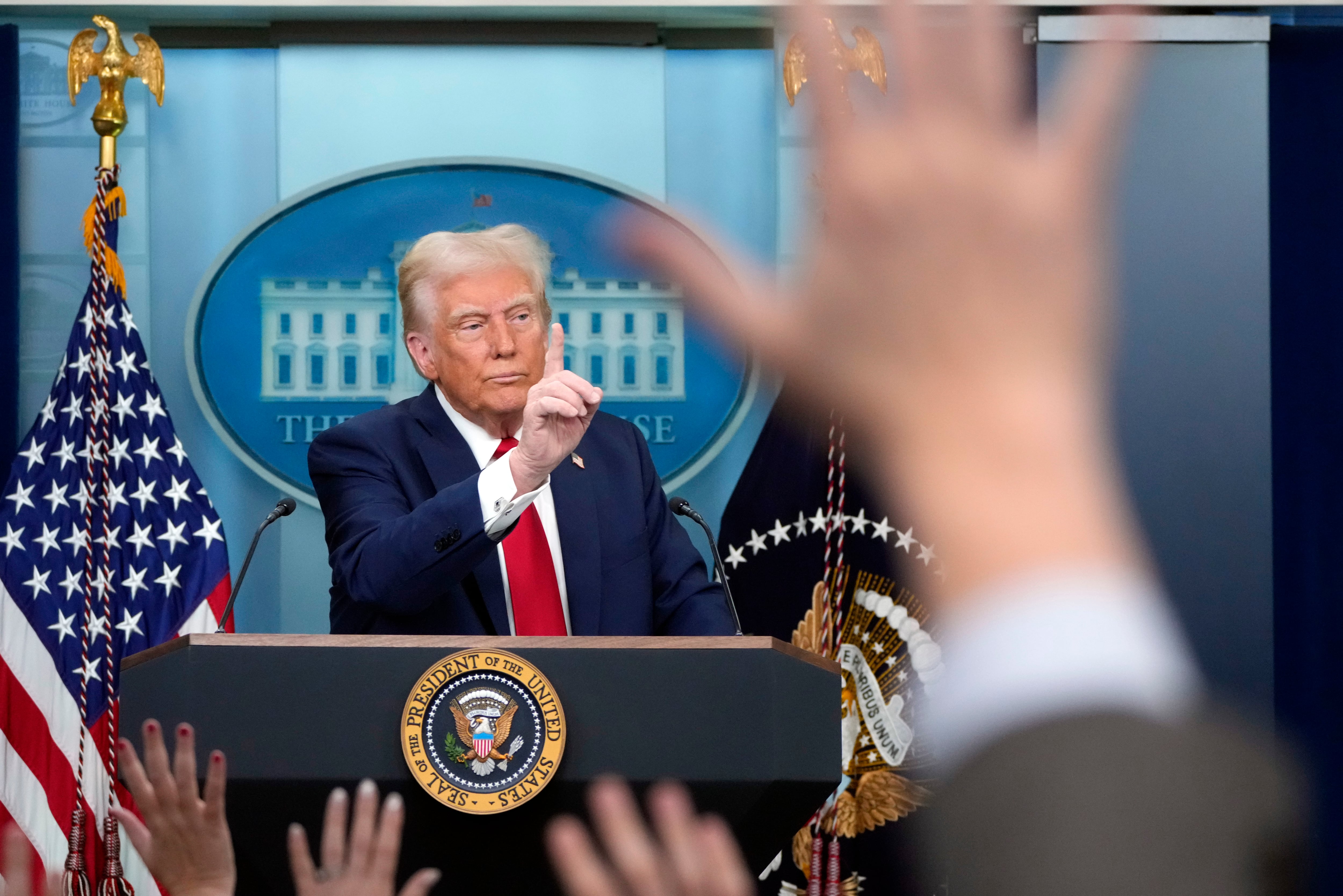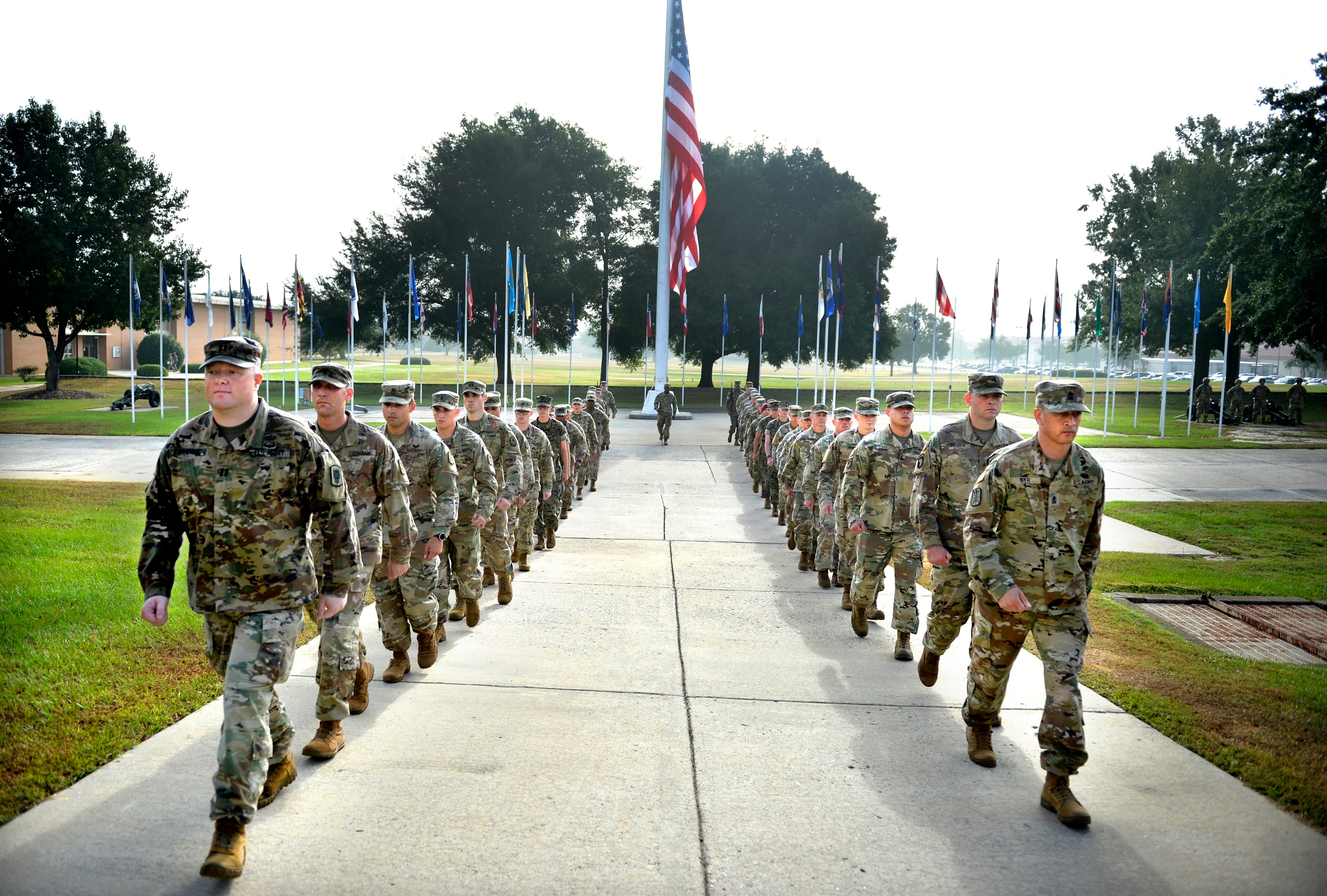WASHINGTON — The White House announced Saturday a slate of nominees to lead a trio of U.S. combatant commands — including two women whose nominations were previously held up over concerns they would not be approved by then-President Donald Trump.
Air Force Gen. Jacqueline Van Ovost, who took over Air Mobility Command in August, has been nominated to take over U.S. Transportation Command. Army Lt. Gen. Laura Richardson, currently the head of U.S. Army North, is nominated for a fourth star and to lead U.S. Southern Command.
Navy Adm. John Aquilino, the head of U.S. Pacific Fleet, has been nominated to take over U.S. Indo-Pacific Command, which is seen as the region of primary focus by the Biden administration. He will be replaced in his current role by Navy Vice Adm. Samuel Paparo Jr., who now oversees the Bahrain-based Fifth Fleet.
Following the 2019 stand-up of U.S. Space Command, there are 11 Combatant Commands, or COCOMs, in the department. SOUTHCOM is currently run by Adm. Craig Faller. INDOPACOM is headed by Navy Adm. Philip Davidson, who is in Washington this week to argue for a $27 billion fund to bolster the U.S. in the region. TRANSCOM is led by Army Gen. Stephen Lyons.
The nominations of Van Ovorst and Richardson are expected to be featured at a White House event Monday celebrating Women’s History Month. If confirmed, the two will become only the second and third women to run a combatant command; Air Force Gen. Lori Robinson became the first in 2016 when she took over U.S. Northern Command.
In February, the New York Times reported the nominations for the two women had been agreed upon inside the Pentagon last year, but that then-Secretary of Defense Mark Esper decided to hold the nominations up until after the November election, over concerns that the Trump White House would not approve the selections because of their gender.
“They were chosen because they were the best officers for the jobs, and I didn’t want their promotions derailed because someone in the Trump White House saw that I recommended them or thought DoD was playing politics,” Esper told the Times. “This was not the case. They were the best qualified. We were doing the right thing.”
Aaron Mehta was deputy editor and senior Pentagon correspondent for Defense News, covering policy, strategy and acquisition at the highest levels of the Defense Department and its international partners.




